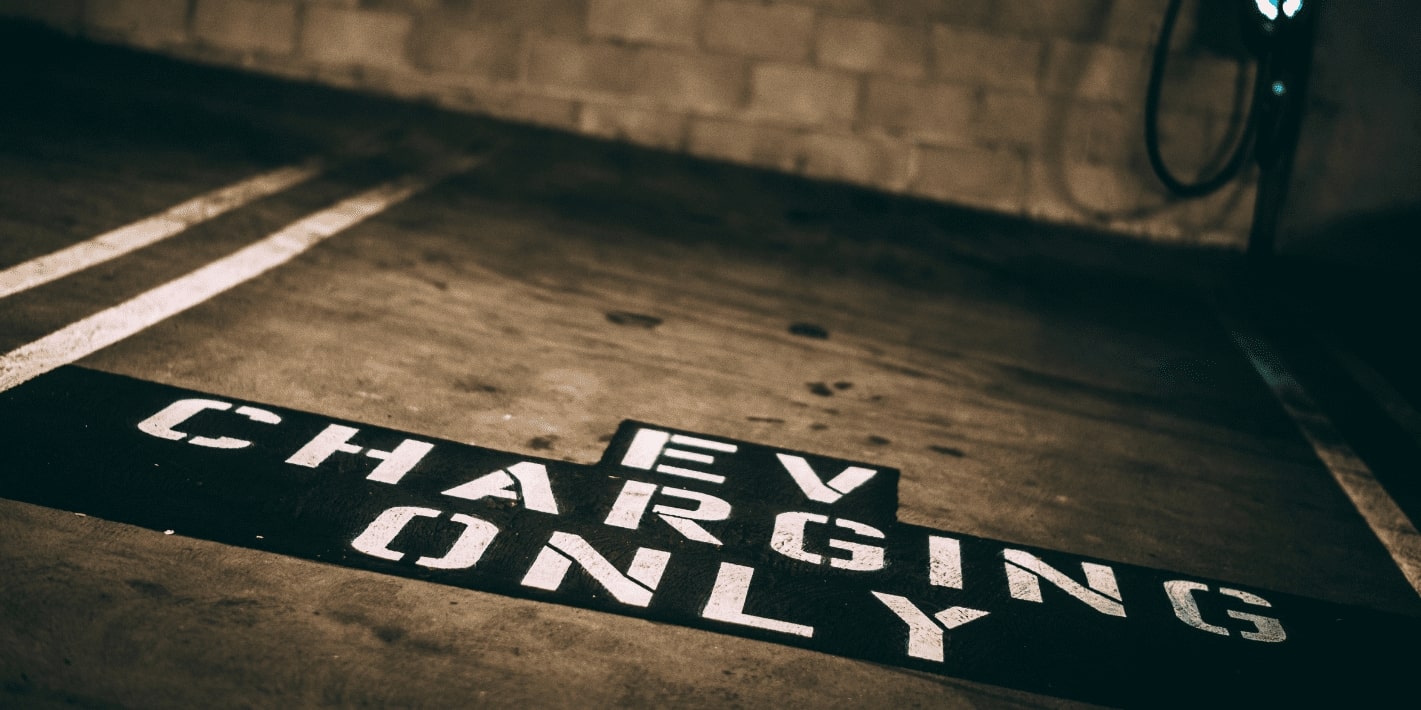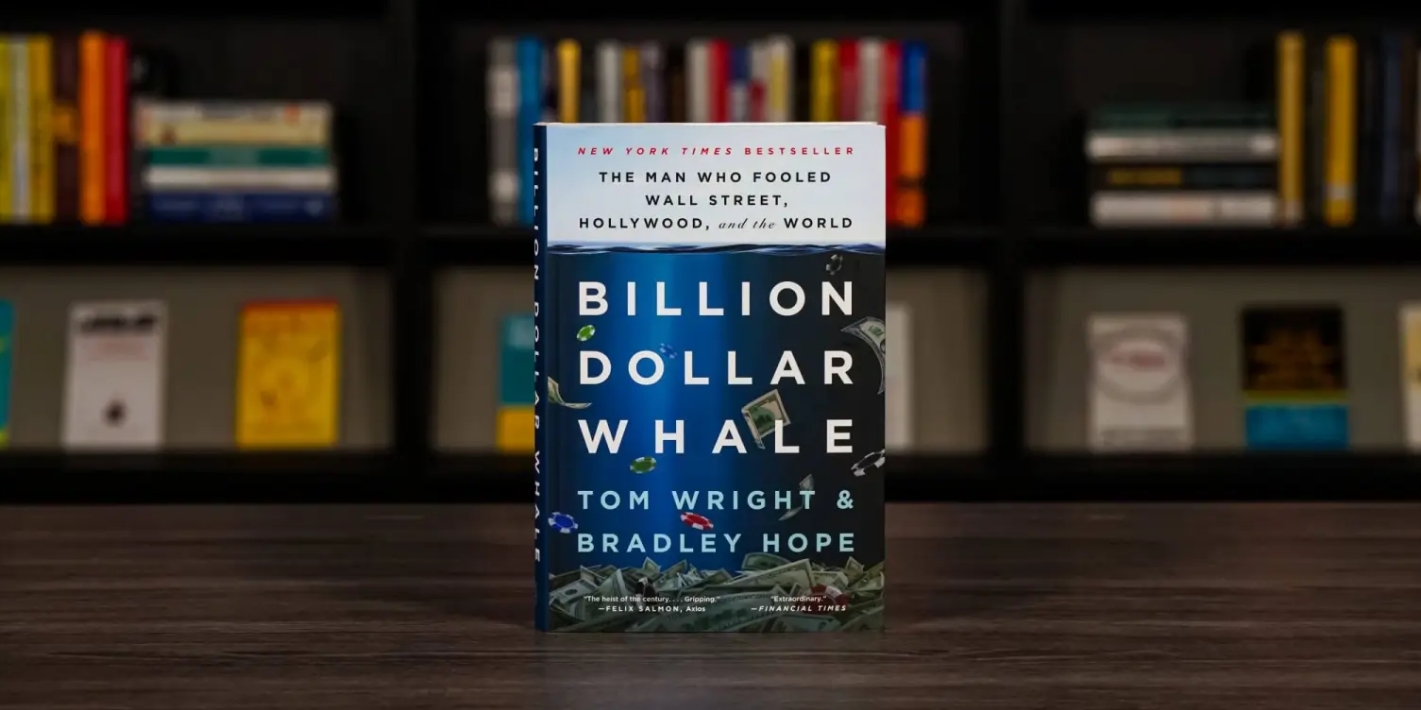I have to admit that after my interaction with Dr Marcel, I have been a little obsessed with researching about entrepreneurial stress. So, over the last weekend, I read the treasure trove of links I had been collecting on Pocket and what I learnt was eye-opening.
Some of the most hard-hitting articles I found were The Psychological Price of Entrepreneurship written by Jessica Bruder, The Quiet Price of Entrepreneurship by Chris Cancialosi and 7 Reasons Entrepreneurs Are Particularly Vulnerable to Mental Health Challenges by The Failure Factor podcaster, Megan Bruneau. All the articles were written from a personal point of view and I could relate to them because not only have I been through what they were talking about (as an entrepreneur) but have also witnessed (and continue to) the emotional turmoil that foundership entails as an investor/mentor/board member. Let me assure you, it’s not all rainbows and butterflies. I should also admit that the strong urge to write these two posts came from a personal episode, I recently faced.
The last 12 months have been nothing short of roller coaster ride in both my professional and personal life. The stress of operating a new business (read: launching a fund) while handing over the reins of businesses that I was previously managing to other partners was exponentially increased due to the diagnosis of a serious and life-threatening illness to an extremely close confidant and family member. This episode took place when things were just starting to look brighter after another close family member’s life-threatening illness was successfully cured. Just when it looked like there was a light at the end of the tunnel, I realized that it was a freight train coming towards me at full speed.
Ithelped that things at Artha were on a roll. Everything we were doing, we weredoing well, and the recognition of our efforts wasn’t happening only in India, buton a global level. However, my stress levels were increasing unchecked and Iwas working myself down to the bone. However, I did keep up a strong image thateverything was okay, that I could handle all that was being thrown my way,until the day my 25th flight of the year (yes, its been that sort of year!) was about to take off.
Just as my flight was taxiing out, I got some shocking advice from one of my closest advisors which went completely against Vision 2022 for Artha. Normally, I would have reinforced the vision to my stakeholder, and I have done that several times in the past (and at times, even to myself) but somehow this particular advice upset deeply me, and I couldn’t put a finger on why.
The advisor, who was a part of my inner circle had acted on the advice of a third person who did not have a complete understanding of all the things that were happening at Artha. Therefore, the advice was an opinion stated as a fact and did not hold up to any scrutiny. It was advice that was both, dangerous to provide and to hear.
That I went through this episode at a time when I was researching the importance of mental health for entrepreneurs made me realise the importance of sensitising the founder’s inner circle and the role they play in deriving peak performance from the founder.
As I had mentioned in my last post, most top creators/performers/founders have tight inner circles which provide a cushion from the noise of the outside world, as though it were a sanitised bubble. This inner circle acts as a sounding board that at most times aids a founder to discover answers for themselves. The members of the inner circle could exist in the background, but they have a vital role to play and their importance can be gauged from examples of people like MS Dhoni, Sachin Tendulkar, Warren Buffet, Virat Kohli, VVS Laxman, Michael Jordan, and many more who have openly spoken about the important roles their inner circle has played.
Therefore, while it is as important for the inner circle to keep a check on who they give access to in order to maintain the cleanliness of this sanitised space, it is also important for them to keep a check on the advice that they provide. I have personally witnessed the destructive power of polluting this sanitised space in the case of the swift destruction of my ex-boss’ legacy and have read about it in the case of Vijay Mallya, Anil Ambani, Vinod Kambli, Amanda Byrnes and several others.
I am quite sure that there need to be some clear guidelines for the inner circle to follow, on the things they should “not do”. Essentially, what I have realized is that just like it takes a village to make a man, and an ecosystem to build a start-up, it takes a strong inner circle to build an entrepreneur. So, if you are a friend, an advisor, a mentor, parent, sibling or a family member to an entrepreneur, this is a list of things you have to stop doing (seldom against your best intentions) because it is causing us ‘entrepreneurial- stress’.
- Projecting your own doubts onto us
Bynature, every successful founder has ton ofself-doubt. We doubt the assumptions we’vemade on our business plans, whether we will achieve all the goals we’ve set, whether we willhave enough time or moneyto achieve those goals, whether the market is changing against our expectation or whether ourcompetition is pullinga fast one on us. Icould go on for dayson these self-doubts,but you get the idea.
We do not need any more doubts added to this list (unless it comes from someone working with us). In fact, we need space to clear our own doubts, therefore, adding additional ones (which sometimes aren’t even well researched) is detrimental, period.
- Making us focus our attention on results v/s the process
Themedia judges a company by how fast they achieve results, but it is important toremember that the best businesses are (and will be) the ones that spend timedeveloping the right processes which inturn, deliver consistent results, evenif it might take a bit longer.Just like instilling good habitsin a child, buildingthe right processes take time and patience.
Whenour closest network lets outsideinfluences cloud theirbest judgement and then (they) attempt to colour our lenses, it is going to lead to a long term disappointment. Instead,it is imperative for our support system not to judge usbased on results – good or bad.
- Constantly chirping in our ears about our mistakes
We often make mistakes, tons of them, and we will make tons more. Our failures are scars in our memory and I rarely come across a founder who hasn’t learnt from his/her mistakes. What is important is that we understand the reason for the mistake, learn from it and avoid repeating it. Our inner circle can help by ensuring we do not drown in failures. But it is fatal to consistently chirp in our ears about where we’ve gone wrong causing us to relive that stress yet again.
- Publicly sharing our failures and privately praising our successes
I have learned that the best way to protect a close relationship with anyone is to praise them publicly and criticize them privately. However, I see many inner circlers doing the exact opposite. This creates an excruciatingly difficult social & personal situation for us.
I simply do not advocate false or effusive praises. In that case, you can avoid praise altogether. But criticizing us openly (or behind our backs) and putting us in a defenseless position is honestly as good as shoving a knife in our back, and I’d request that you avoid it at all costs. Just speak to us directly in private if you have any criticism whatsoever.
- Drawing comparisons
Like there’s an Afridi for every Sachin, a Djokovic for every Federer or a Suarez for every Messi, every business has a competitor or peer that could be performing better or worse than them (at some point in time).
While I agree that it is important to be aware and informed about what our competitors (or compatriots) are doing, our business model and path to success do not need to be the same. I believe in emulating versus imitating, but the choice of whether we should change (or not) should be left to us.
- Forcing on us the opinions of advisors we have not chosen (most important!)
Maybeyou’re at a party or a social gathering and you meet someone who gives you theiropinion on our venture (with whatever titbits of information they have). Youfind their opinion/ judgement to be awesome and it completely changes youroutlook towards our business. Now, instead of challenging your newly acquired opinionby first researching the advice you’ve been given or checking the credentialsand the experience of your advisor, you blatantly pass that advice on to us andpresent your acquired opinion as fact.
Ourentire business plan that could be moments away from validation, is now asked tobe altered because you believed this ‘new advisor’ knows more about our businessthan us. This causes major stress and can affect our relationship in the long run.
Ifyou have been doing this to the entrepreneur who counts you as their innercircle, please stop. Instead of meaninglessly passing on one person’s opinion, youshould either put in time and effort and do some research or discuss it with uswith full disclosure on who provided the advice so that both you and I cancollectively come up with the right way forward.
Justremember that not all inner circle members are needed for advice on thebusiness and each person plays an important role but as long as they do not tryto become what they are not. So just like an expensive car should only betinkered with by a well-trained technician, business models should only be tinkeredwith, by people who are or have been deeply involved in the business and have anexperience in doing so.
You should adequately challenge any ‘random’ opinion you hear, before uttering it to the entrepreneur. Even then, that suggestion should only be followed if (and only if) the entrepreneur is convinced to take action. After all, it is the founders who have to run the business and not the person whose half-baked advice you have been listening to.
32/2019






